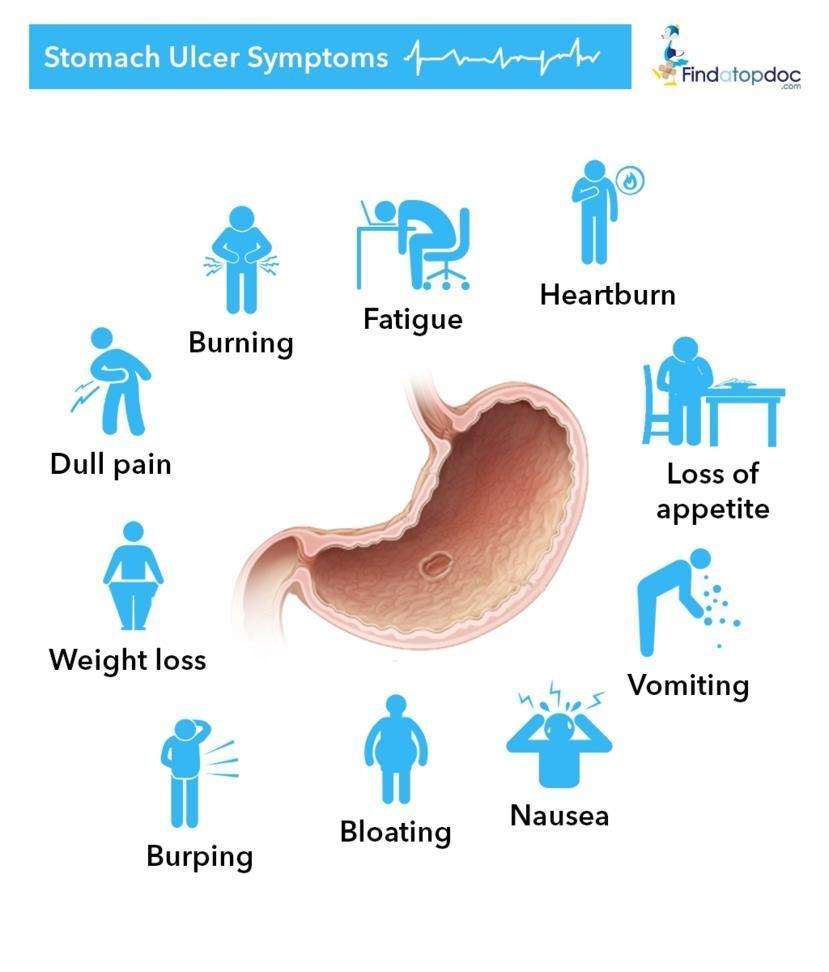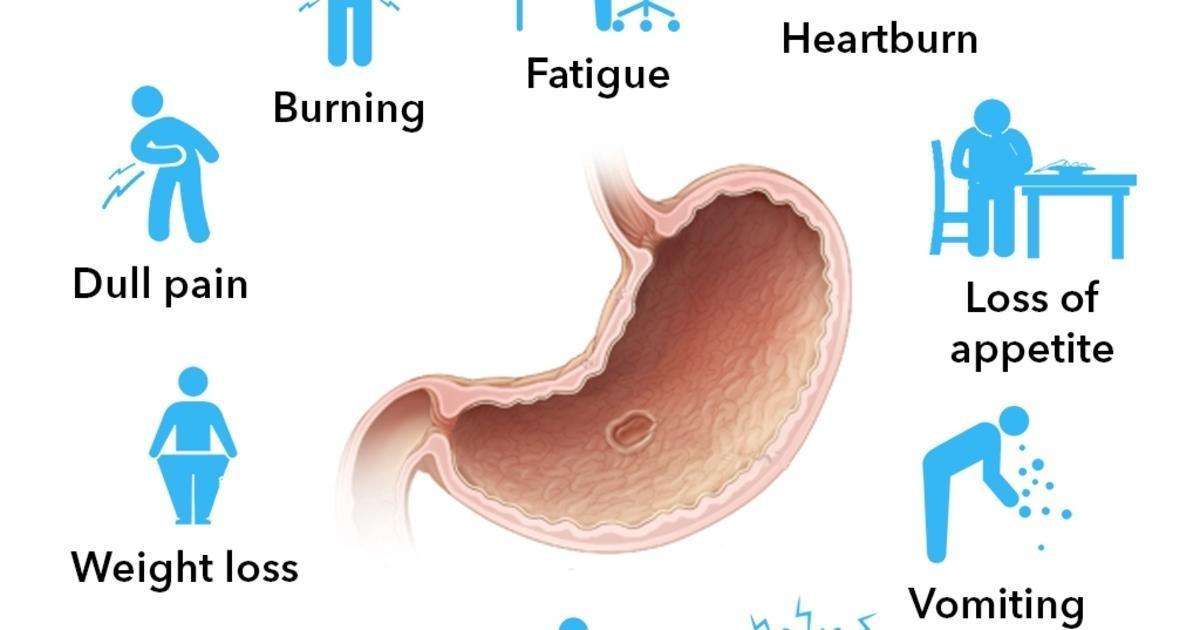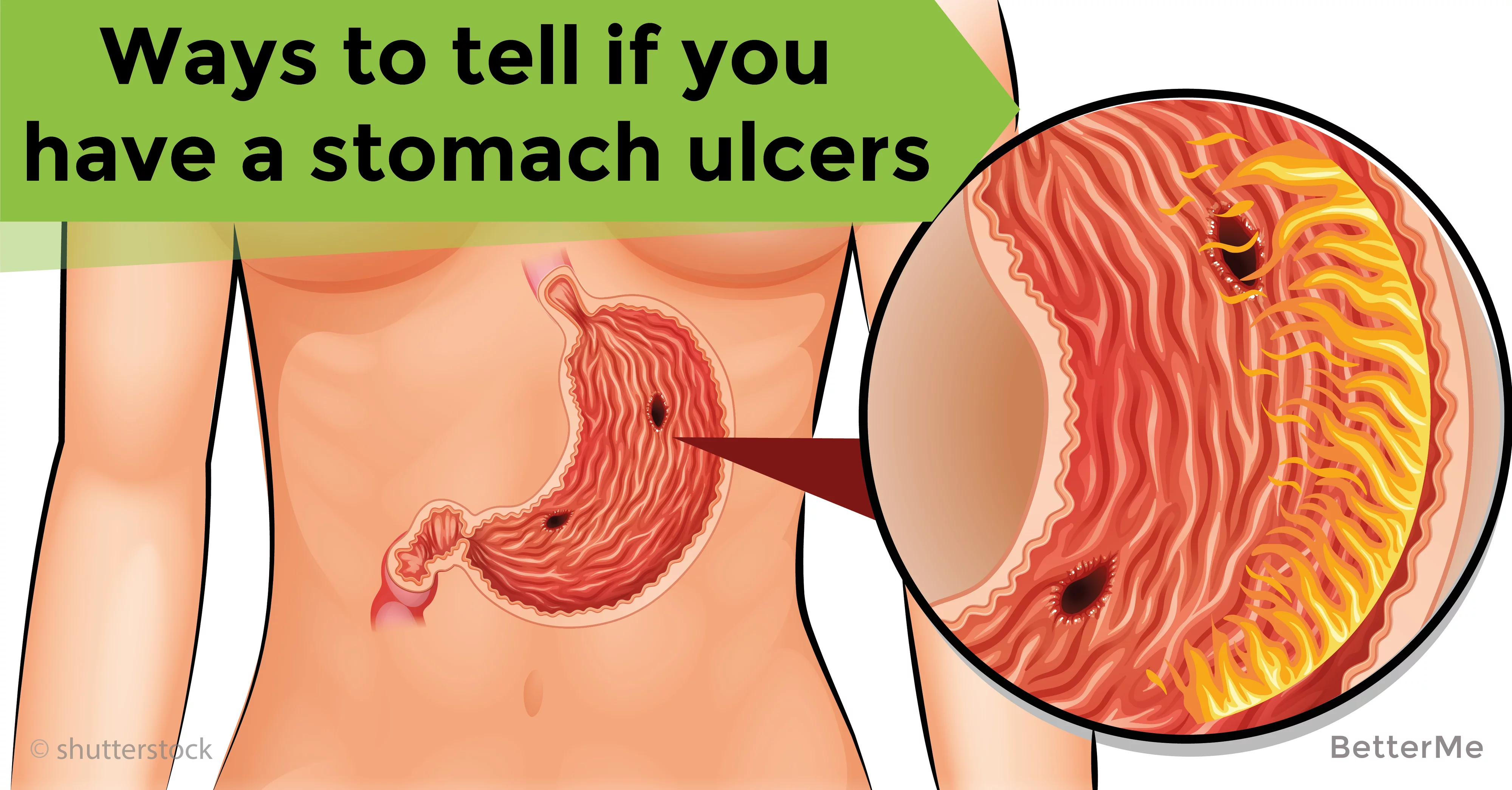Best Foods To Eat When You Have A Stomach Ulcer
Stomach ulcers may require lifestyle and dietary changes to manage them while they are healing. Acid reducing medications may also be beneficial. Previously, a bland diet was recommended for stomach ulcers but current research does not support that idea.
Dietary modifications can help, but spicy foods arent necessarily an irritant. Doctors now emphasize a diet rich in vegetables and fruits. The best foods to eat when you have a stomach ulcer include:
Dietary fiber
This includes oats, legumes, flax seeds, nuts, oranges, apples, and carrots. These foods are good for you because they can help prevent ulcers from developing.
Vitamin A rich foods
Foods like broccoli, sweet potatoes, kale, spinach, and collard greens contain vitamin A. These foods increase the mucus production in your gastrointestinal tract, which some believe can help prevent ulcers.
Green tea
Emerging research indicates that green tea can help fight off H. pylori.
Flavonoid-rich foods
This includes garlic, onions, cranberries, strawberries, blueberries, and snap peas. Research suggests that these foods can help protect your gut against chronic gastritis, H. pylori infection, and stomach cancer. These foods help inhibit H. pylori growth.
Cranberry juice
This tart juice can potentially reduce the risk of H. pylori overgrowth in your stomach and prevent inflammation.
There are certain foods that could irritate your stomach ulcer, and it might be a good idea to limit them. Those foods include:
Things You Should Know
- Go to your doctor if you’re experiencing bleeding ulcer symptoms like upper abdominal pain, nausea, and blood in your vomit or stool.
- Your doctor will prescribe medication that blocks acid production to heal the ulcer. Take the medication as directed.
- For serious bleeding ulcers, you may need to have a surgical procedure to close the ulcer and stop the bleeding.
When To See A Doctor
If youre having ulcer symptomssuch as stomach pain, a gnawing feeling between meals or at night, a burning sensation beneath the breastbone, or black, tarlike stoolsask your doctor to test for the presence of the Helicobacter pylori bacterium. The infection can be detected with blood or breath tests. If you test positive, your doctor will probably put you on antibiotics for 1 to 2 weeks. In about 97% of cases, the ulcer never comes back. Its common for people with ulcers to have sewer breath long before they have other symptoms. If your breath has an unusually foul odor, it could be because youre infected with the H. pylori bacterium. Call your doctor.
Recommended Reading: How To Diagnose Bleeding Ulcer
How To Eat With A Peptic Ulcer
How you eat when you have a peptic ulcer is as important as what you eat.
The first instinct you may have when you get a peptic ulcer is to stop eating and let the stomach rest. Not only would this deprive you of much-needed nutrition, but it can also make matters worse.
Eating the right food buffers the ulcer from stomach acids. By contrast, having an empty stomach can worsen symptoms because the stomach will keep churning out acids even if there is no food in it.
To end, you need to choose foods wisely rather than cutting back on nutrition.
There are other tips that can reduce symptoms of a peptic ulcer while you are eating:
- Eat five or six smaller meals throughout the day rather than three large ones.
- Sit upright in a chair while eating to avoid compressing the stomach.
- Eat slowly and chew each bite thoroughly.
- Relax a few minutes before and after each meal.
- Have your last meal or snack at least three hours before bedtime.
Where Should I Keep My Medicine

Keep out of the reach of children.
Store at room temperature between 15 and 30 degrees C . Keep container tightly closed. Throw away any unused medicine after the expiration date.
NOTE: This sheet is a summary. It may not cover all possible information. If you have questions about this medicine, talk to your doctor, pharmacist, or health care provider.
You May Like: Can Ulcerative Colitis Cause Blood In Urine
What About Complicated Ulcers
While most ulcers are successfully treated with medication, some complicated ulcers may require surgery. Ulcers that are bleeding, or that have perforated your stomach or intestinal wall, will need to be surgically repaired. An ulcer that is malignant, or obstructing a passageway, will need to be surgically removed. In severe cases, an ulcer that keeps coming back may be treated by surgery to cut off some of the nerve supply to the stomach that produces stomach acid.
Other Options For Pain Relief
Painkillers aren’t the only answer for many of life’s aches and pains. Many effective and safe alternatives don’t have any side effects at all.
- Ice packs, for acute injuries such as a sprained ankle, can keep down swelling and ease pain.
- Heat with a hot towel or heating pad can be helpful for treating chronic overuse injuries.
- Physical activity can help reduce some kinds of discomfort, such as arthritis pain.
- Relaxation with techniques such as yoga or meditation — may reduce pain. Biofeedback may help as well. These approaches are best for pain that’s amplified by stress, such as tension headaches.
- Nontraditional techniques with low risks — such as acupuncture — benefit some people.
So remember: Pain relief doesn’t only come from a pill bottle.
Recommended Reading: Diet When You Have An Ulcer
How To Treat Gastric Ulcer
This article was co-authored by Roy Nattiv, MD and by wikiHow staff writer, Jessica Gibson. Dr. Roy Nattiv is a board-certified Pediatric Gastroenterologist in Los Angeles, California. who specializes in a broad range of pediatric gastrointestinal and nutritional illnesses such as constipation, diarrhea, reflux, food allergies, poor weight gain, SIBO, IBD, and IBS. Dr. Nattiv received his undergrad degree from the University of California, Berkeley, and his medical degree from the Sackler School of Medicine in Tel Aviv, Israel. He completed his pediatric residency at the Childrens Hospital at Montefiore, Albert Einstein College of Medicine in New York, and his fellowship at the University of California, San Francisco . While at UCSF, he was a California Institute of Regenerative Medicine fellowship trainee and was awarded the North American Society for Pediatric Gastroenterology, Hepatology, and Nutrition Fellow to Faculty Award in Pediatric IBD Research. In addition to his clinical work, Dr. Nattiv is active in the research community and has been published in several high-impact medical journals.There are 13 references cited in this article, which can be found at the bottom of the page. This article has been viewed 28,109 times.
Will Surgery Cure A Peptic Ulcer
Medical therapy works in most people with peptic ulcers. Sometimes, medical therapy does not work, or a person can’t take the therapy for some reason. Surgery is an alternative to medical therapy for these people.
Surgical operations often used in peptic ulcers include the following:
- Vagotomy: Cutting the vagus nerve, which transmits messages from the brain to the stomach, can reduce acid secretion. However, this can also interfere with other functions of the stomach. A newer operation cuts only the part of the nerve that affects acid secretion.
- Antrectomy: This is often done in conjunction with a vagotomy. It involves removing the lower part of the stomach . This part of the stomach produces a hormone that increases production of stomach acid. Adjacent parts of the stomach may also be removed.
- Pyloroplasty: This procedure also is sometimes done with vagotomy. It enlarges the opening between the stomach and duodenum to encourage passage of partially digested food. Once the food has passed, acid production normally stops.
- Tying off an artery: If bleeding is a problem, cutting off the blood supply to the ulcer can stop the bleeding.
Don’t Miss: Foods To Avoid With Peptic Ulcer
Managing Gastric Ulcer Pain
What Natural Home Remedies Help Peptic Ulcer Pain
Home care for peptic ulcers often centers on neutralizing the stomach acid.
- Don’t smoke, and avoid coffee and alcohol. These habits increase gastric acid production and weaken the mucosal barrier of the GI tract promoting ulcer formation and slowing ulcer healing.
- Don’t take aspirin or nonsteroidal anti-inflammatory medications. Acetaminophen is a good substitute for some conditions. If acetaminophen doesn’t help, talk to your health-care professional about alternatives.
- If your symptoms are mild, try an over-the-counter antacid or nonprescription histamine blocker to neutralize stomach acid. Usually stronger prescription medications are needed.
You May Like: What Are The Symptoms Of Having A Stomach Ulcer
What Is A Peptic Ulcer
A peptic ulcer is a sore or hole that forms in the lining of the stomach or intestine.
The word “peptic” refers to the digestive tract. An ulcer in the lining of the stomach is a gastric ulcer. An ulcer in the first part of the small intestine is a duodenal ulcer.
The lining of the stomach is a layer of special cells and mucous. Mucous prevents the stomach and duodenum from being damaged by acid and digestive enzymes.
If there is a break in the lining , the tissue under the lining can be damaged by the enzymes and corrosive acid. If the ulcer is small, there may be few symptoms. The wound can heal on its own.
If the ulcer is deep, it can cause serious pain or bleeding. Rarely, acids in the digestive juices may eat completely through the stomach or duodenum wall.
Peptic ulcers are very common. They become more common as people age.
The bacterium Helicobacter pylori is believed to cause most peptic ulcers. This bacteria causes inflammation in the stomach lining. This probably makes the lining vulnerable. But only a minority of people infected with H. pylori develop ulcers.
Another common cause of ulcers is the use of nonsteroidal anti-inflammatory drugs . Examples of NSAIDs include aspirin, ibuprofen and naproxen .
NSAIDs block the formation of some prostaglandins. Prostaglandins are chemicals that normally help protect against ulcers. With less prostaglandins, ulcers are more likely to form.
- Family history
- Smoking
- Excessive alcohol use
Relieve Pain With An Antacid

To stop the pain of ulcers, doctors recommend taking an antacid. During ulcer flare-ups, taking an antacid is the quickest way to relieve the pain, says Meyers. Antacids contain calcium, aluminum, magnesium, or a combination. Aluminum causes constipation in some people, while magnesium can lead to diarrhea. I advise people to evaluate their overall bowel habits, and choose an antacid based on that, as well as their overall calcium requirement, says Meyers.
Also Check: Foods To Eat To Heal Stomach Ulcers
How Common Are Stomach Ulcers
Stomach ulcers are very common in Western countries. In the United States, there are about 4 million cases per year. Some estimates say that 1 in 10 people will have one at some point in their lives. Thats because many of the causes that contribute to stomach ulcers are common in Western life. Fortunately, these causes are usually easy to trace and to reverse, giving ulcers a chance to heal and your stomach lining a chance to repair.
Advice On Taking Nsaids
If your stomach ulcer has been caused by taking NSAIDs, your GP will want to review your use of them.
You may be advised to use an alternative painkiller not associated with stomach ulcers, such as paracetamol.
Sometimes an alternative type of NSAID that’s less likely to cause stomach ulcers, called a COX-2 inhibitor, may be recommended.
If you’re taking low-dose aspirin to reduce your risk of embolism , your GP will tell you whether you need to continue taking it.
If you do need to keep taking it, long-term treatment with a PPI or H2-receptor antagonist may be prescribed alongside the aspirin to try to prevent further ulcers.
It’s important to understand the potential risks associated with continued NSAID use.
You’re more likely to develop another stomach ulcer and could experience a serious complication, such as internal bleeding.
Page last reviewed: 14 January 2022 Next review due: 14 January 2025
Read Also: What Causes Stomach Ulcers In Horses
Causes Of Stomach Ulcers
A stomach ulcer can be caused by a variety of factors, including:
- Helicobacter pylori bacteria is thought to be responsible for around 60 per cent of stomach ulcers and at least 90 per cent of duodenal ulcers.
- Certain medications which include aspirin or clopidogrel, taken regularly to help prevent heart attack or stroke, and drugs for arthritis. Anti-inflammatory medications are thought to cause around two fifths of stomach ulcers.
- Cancer stomach cancer can present as an ulcer, particularly in older people.
Treatment Options For Ulcers
Ulcers caused by H. pylori will most likely need to be treated with antibiotics. Strict adherence to your treatment plan and close follow-up with your doctor are the best ways to make sure your treatments are effective and your ulcers are healing.
You will also be prescribed a medication that temporarily keeps your stomach from making or secreting as much acid as it normally would. This medication may be a proton pump inhibitor or H2 blocker.
Also Check: Ulcerative Colitis Biologics Side Effects
What Kind Of Doctor Treats Peptic Ulcers
- If you suspect you may have a peptic ulcer, you may first be diagnosed by your family practitioner or internist.
- Children or teenagers may see a pediatrician.
- For further treatment you will likely be referred to a gastroenterologist, a specialist in disorders of the digestive tract.
- If you have an emergency such as vomiting or severe abdominal pain you will be seen by an emergency medicine specialist in an emergency room.
- In the rare case where surgery is needed, you may see a general surgeon.
What Triggers Stomach Ulcer Symptoms
Stomach ulcers are irritated by stomach acid. Some people notice this irritation more after they eat, and some people notice it more on an empty stomach. There are also certain irritants that seem to make ulcer symptoms worse and make them more difficult to heal. Smoking and alcohol are the biggest ones.
Also Check: What Does Asacol Do For Ulcerative Colitis
Relieving Ulcer Pain With Medical Treatments
Making Lifestyle Changes To Relieve Ulcer Pain

Also Check: How Do They Test For Ulcerative Colitis